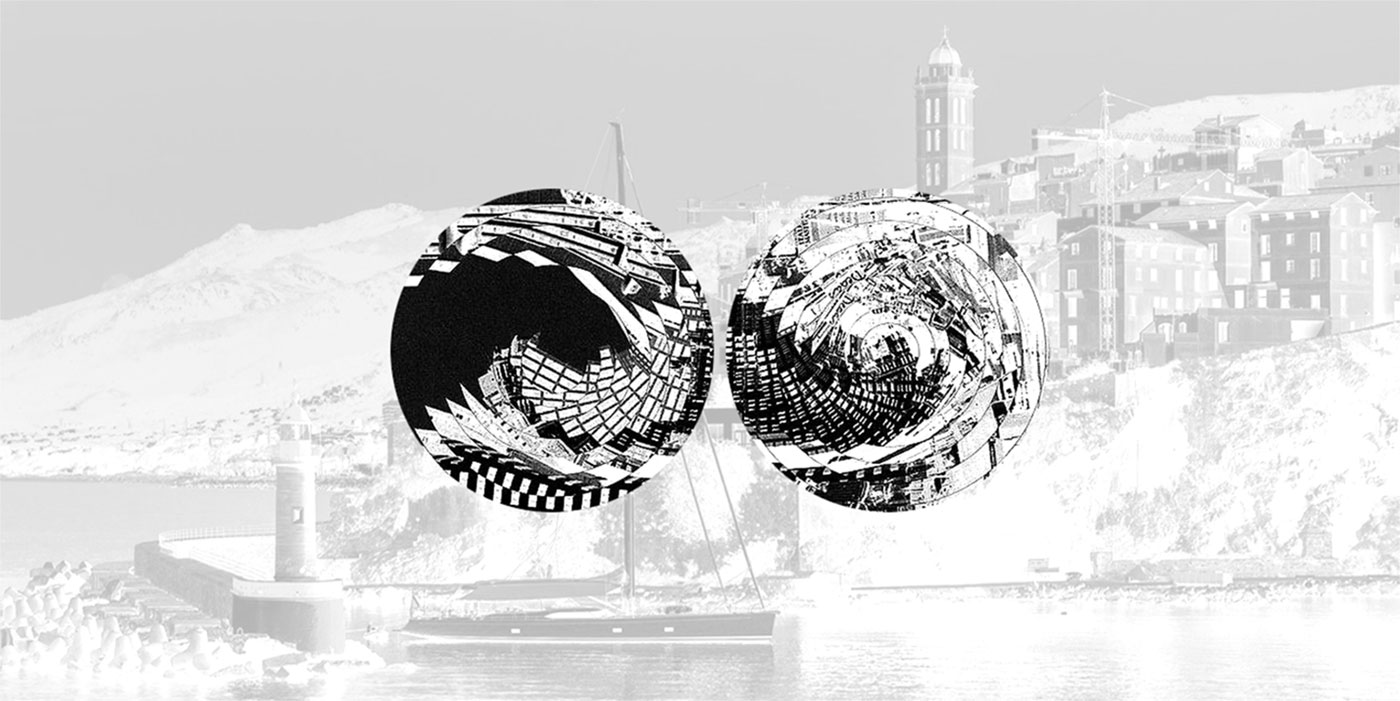In the digital age, the quality of research results in the Humanities and Social Sciences (HSS) increasingly depends on the completeness and relevance of the data processed. The digital divide (like the digital deficiency) greatly influences the question of completeness, which can amplify the phenomenon of relevance. This seminar is based on the creation of an Open Data platform, interactive of digital data corpus for users and research uses in SHS. This platform will be available in three languages, if we can work with the University of Corsica in Corte: French / English / Corsican.
During the Covid-19 crisis and confinement, the use of data produced and available on the net (digital data, online surveys) becomes a necessary practice for SHS research. We thus propose a qualitative deconstruction of these data in order to reveal their potentials and limitations (completeness, coherence and relevance).
For this first stage of a process of seminars linking digital creation and applied research with various axes (data research, inclusion, data visualization, proto-digital intermediality, cybernetics, etc.), the participants (doctoral students, researchers, creators) will work from the multidisciplinary work of Pol Bury, pioneer of kinetic art whose centenary we celebrate in 2022.
The second stage will be hosted by Transcultures (La Louvière-Belgium) and will offer, at the end of a week scheduled for December 22, devices offering re-readings of Bury’s work in the territory of La Louvière. These results and reflections will be presented at a symposium as part of the Zone Libre sound arts festival in Bastia at the beginning of February 23.
Participants
Nasredidine Bouhai, Luis Felipe Torres-Yepez, Philippe Franck, Gaetan Le Coarer, Manon Micaletti, Marc Veyrat, Alyse Yilmaz, Khaldoun Zreik + presentation of the projects VR/XR i-REAL, AfFlUX, Interference, An Donham (with the support, for these multifaceted works, of CiTu – Paragraphe – Paris 8 | FMSH Fondation Maison Sciences de l’Homme (Paris) | Transcultures | European Pepinieres of Creation | Texte Image & Arts Numériques – LLSETI/USMB).

Goals
Research in SHS, in the digital age, requires ensuring the completeness and relevance of the data collected and processed. The digital divide (also the digital deficiency) greatly influences the question of completeness, which can amplify the phenomenon of relevance.
This project is based on the creation of an Open Data, intelligent, interactive platform of digital data corpus on users (for uses and users in SHS). During the Covid-19 and containment crisis, the use of data produced and available on the NET (digital data) becomes a necessary practice for SHS research. We propose a qualitative deconstruction of these data in order to reveal their potentials and limitations (completeness, coherence and relevance).
During this seminar, it will thus be a question of carrying out – with the students and teachers of the University of Corsica – filmed interviews concerning these questions. Intensive workshops will also be organised.
Research increasingly depends on digital data, the disposition of which also depends on:
- Lack of resources (which this project does not address but which the Covid-19 crisis is in the process of solving) Technophobia (which the Covid-19 crisis has largely contributed to reducing)
- Mistrust regarding the dissemination of private data (blockchain technology would be a solution) Lack of culture of digital use (digital deficiency) that this project proposes to address.
For this, we propose a methodological approach supported by a digital mediation platform to warn and assist researchers in building their corpus from open and/or massive data. This platform will inform, among other things, researchers about the completeness and relevance of the data from the samples, on the one hand, and, on the other hand, will try to overcome this type of problem, if these have arisen.
This platform proposes to set up:
- Ergonomic and interactive interfaces for researchers suffering from digital deficiencies
- A smart harvesting approach to enrich and complement data.
- Thus, this proposal revolves around four independent and complementary functions:
- Improve (the quality of the corpus of data made available to SHS researchers),
- Anonymize (encrypt the identities of data producers using encryption algorithms such as those used in blockchain applications),
- Augment (enrich the corpus, for better statistical analyses, by adopting an intelligent harvesting approach),
- Warn (SHS researchers about the limits of the quality of the data processed: completeness, relevance).
Infos
- 18 > 24.04.2022
- Bastia, Casa di e scenze/Maison de la Science
- Rue Pierre et Marie Curie, Lupino, 20600 Bastia.
- bastia.corsica/casa-di-e-scenze
Production
- As part of a research project funded by the Fondation des Maisons des Sciences de l’Homme (FMSH – Paris)
- Paris 8 CiTu-Paragraphe, Université de Corse, Casa di e Scenze, Zone Libre, Transcultures, European Pepinieres of Creation
- fmsh.fr – citu-paragraphe.fr – univ-paris8.fr – universita.corsica – zonelibres.com – transcultures.be – pepinieres.eu

